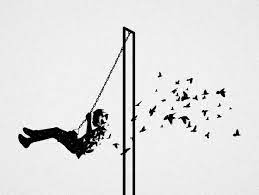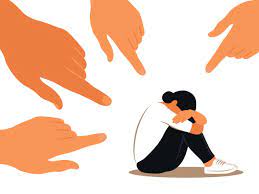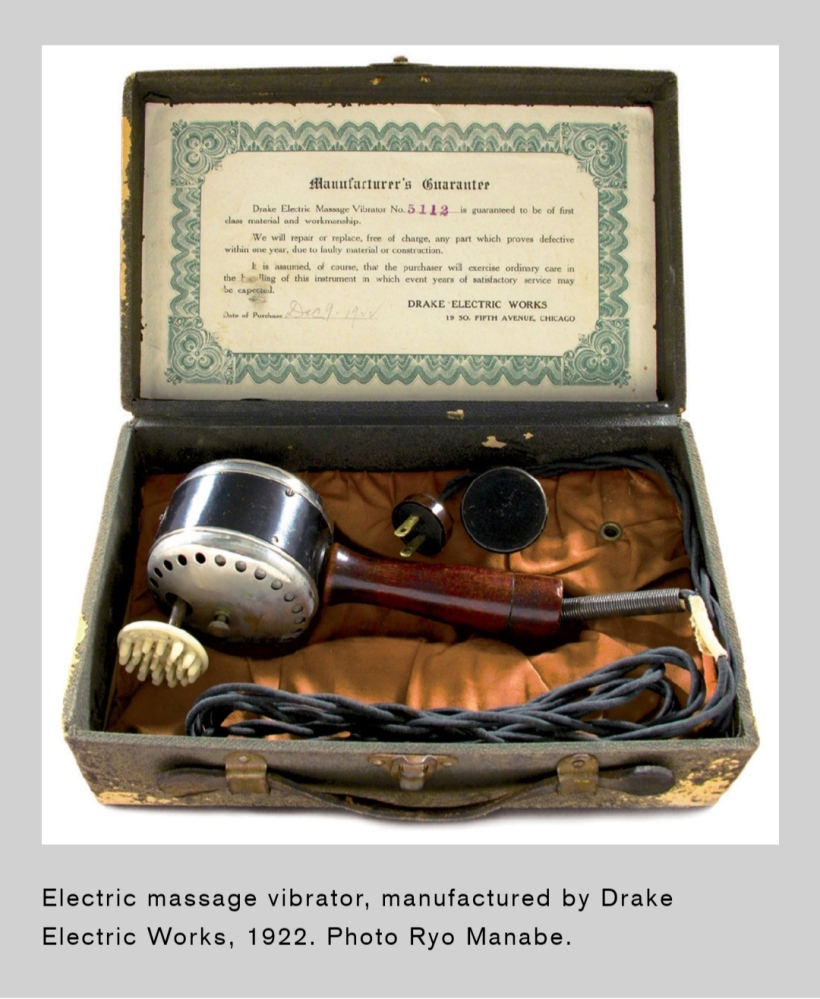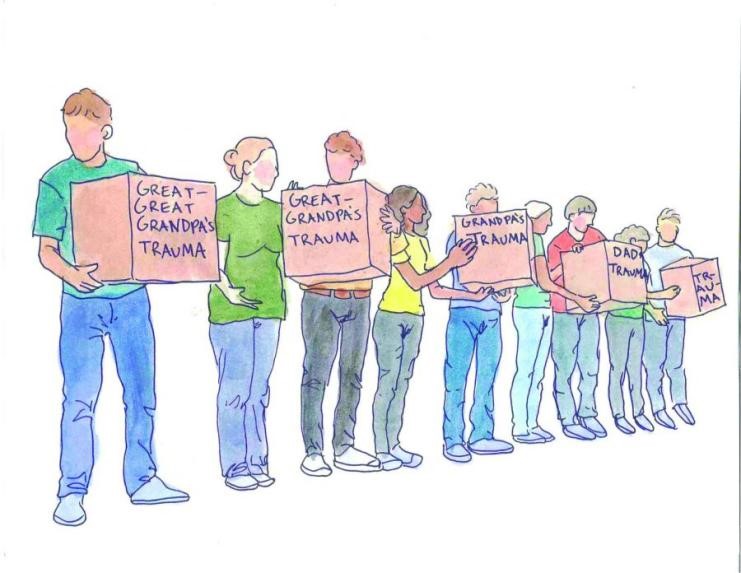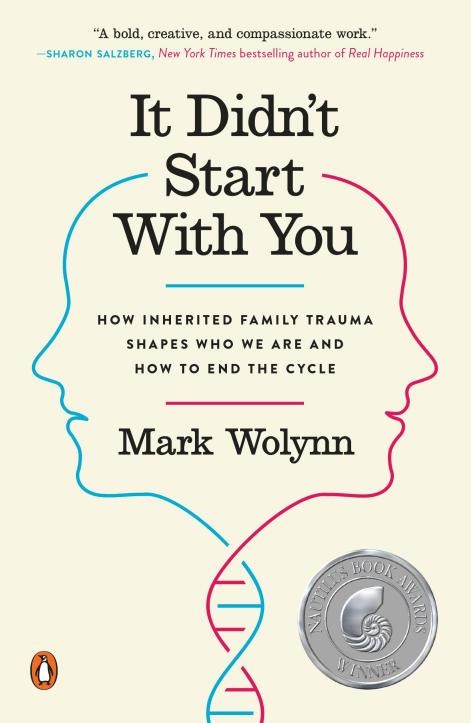Following my previous blog post, “Waiting for Rejection,” some readers contested the opinion that remaining in loveless relationships is solely a female phenomenon. They pointed out that even men endure loveless unions long after love has left (cue Tuku’s song “Handiende“). Despite encountering what some may label as ‘Harare men,’ I struggle to accept this perspective wholeheartedly. Nevertheless, acknowledging that every situation has multiple angles, it’s only fair to explore why men choose to stay when love has departed long ago.
How often have we heard married men lament (verb: express regret or disappointment about something) about their marital dissatisfaction, only to see them celebrating the arrival of a newborn a few months later? “Of course I’m a Harare man, I will tell you that my wife and I don’t share the same bed but we will welcome a baby a few months later.” (laughs).
Through conversations, observations, and articles, here are some reasons men cite for staying:
Fear and the shame of being labeled a failure: Men often struggle with fear and the stigma of being deemed failures. They often believe they must fulfill provider and protector roles, viewing leaving a relationship as a shortfall in these duties. Nobody enters a relationship aiming for its demise, be it marriage or dating, especially as many my age date to marry. Many endure relationships longer than necessary due to reluctance to introduce someone new, driven by shame and societal pressures. It seems society isn’t only hard on women, but on men too.
Fear of the unknown: relationship experts suggest that the fear of the unknown strongly influences human behavior, including in relationships. Men may remain in unhappy relationships if they believe it’s their only option. If a man doubts his ability to find another woman, he may endure a painful and unhappy relationship due to loneliness and desperation. Sometimes, for men, familiarity with the current situation seems preferable to the uncertainties of change.
Divorce is expensive: from married individuals, I’ve often heard this concern echoed, especially among men. They fear that their partner might take what she hasn’t earned. (I’ve questioned what that implies, as if raising children and maintaining the household isn’t significant work, but that’s another topic). Research indicates that individuals with more assets and money to lose in a divorce are inclined to remain married, irrespective of their reported marital satisfaction.
We do it for the children: we hear this mostly from women, but apparently men too do the same. Dr. Lindsay Weisner explains that children of divorced parents may face increased risks like anxiety, depression, substance abuse, and academic challenges. It’s understandable how someone might choose to remain in an unhappy marriage rather than expose their child to vulnerability. However, research hasn’t definitively determined if it’s having two married parents or two actively involved adults that benefits a child’s mental and physical well-being.
Now, speaking as someone who’s not a relationship guru, has never been married, and definitely hasn’t walked in a man’s shoes in a past life, I’ve got this nagging question: why don’t unhappy men leave? I guess the difference here is women ideally wait for rejection, but men? I mean, men value their happiness, and selfishly so (I’m generalizing here). The reason he hasn’t left is because he doesn’t want to. No it isn’t the kids. He doesn’t want to leave. A man who is unhappy would leave making sure his kids have the support of both parents. Anything else? Just sounds like an excuse to me! What do you think?



